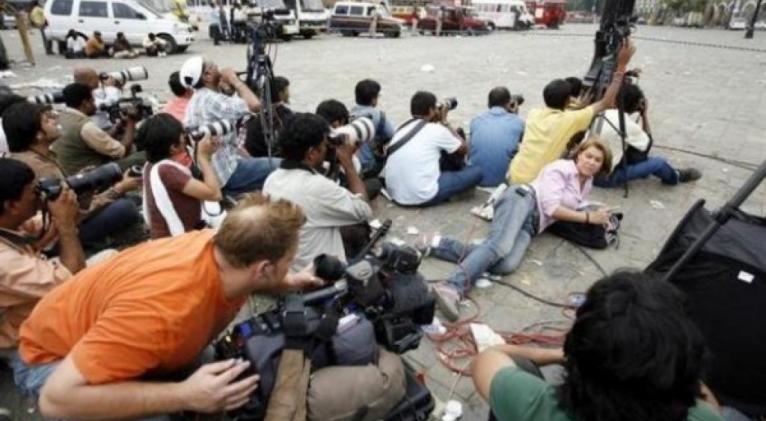UN Demands an End to Impunity for Crimes Against Journalists
especiales

On Sunday, the United Nations celebrated the first annual International Day to End Impunity for Crimes against Journalists (IDEI).
The General Assembly adopted the resolution last year following the death of two French journalists in Mali.
"Every day around the world, journalists risk their lives to shed light on important issues, such as the plight of populations plunged into violence and conflicts, on the struggles of the poorest and most vulnerable", said Sam Kutesa, President of the UN General Assembly, in his message in commemoration of the date.
“All the data shows we are in the midst of a very serious crisis. It’s not just one attack here and another there; dozens of journalists have been killed and hundreds detained or threatened in recent years. And yet the perpetrators are virtually never held accountable,” said United Nations Special Rapporteur David Kaye in a U.N. news report. Kutesa urged governments to protect media professionals on duty.
According to U.N. statistics, approximately 700 journalists have been killed over the last decade. The Committee to Protect Journalists (CPJ) estimates that in 2014, at least 40 journalists have been killed. The United Nations cites 2012 and 2013 as the two most deadliest years for journalists with 123 and 91 murders respectively.
Most of the journalists murders were reporting on cases of illegal activities and corruption. The U.N. reports that 1 in 10 of these cases are not investigated and that 90 percent of the offenders go unpunished.
In order to ensure the safety of media professionals, the U.N. is currently developing a Plan of Action meant to create a free and safe environment for journalists and other media workers.
This U.N. plan will include the establishment of an inter-agency enforcement mechanism that provides assistance to nations to develop legislation that protects freedom of information.













Add new comment